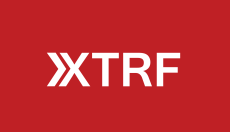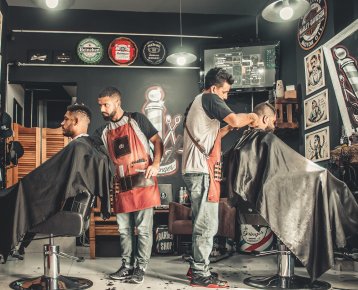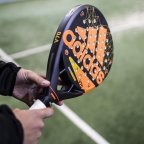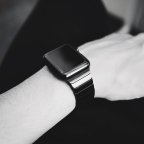
Dress code in recruitment
In the CV only a serious photo on a bright background, ladies with delicate make-up, gentlemen preferably without stubble. An elegant shirt is obligatory for an interview, and a suit or suit is the best choice. Do these rules still apply, and if we stick to them, do we really increase our chances of getting the job we want? We asked the recruiters about what they pay attention to and whether the candidate "under a tie" at the very start gains a few points, or maybe it is the other way around.
When they see you...
Is what we're gonna wear to an interview really that important? Yes, because as much as 65% of bosses admit that if they had to choose between two candidates with similar qualifications and experience, the decisive factor would be their clothing during the qualifying meeting. So what are the requirements for a dress to give you an advantage? Above all, it must be appropriate to the workplace and the job that we want to get. If you are applying for a position in a so-called creative company, such as an advertising agency, a colourful blouse or fancy shoes will probably not discourage anyone. Rather, they will be treated as a sign of colourful personality and ingenuity, and the employees of this type are highly valued. There are different rules in banks, offices and corporations - in their case it is usually best to focus on elegance and classics, although this is also changing. - In many companies, the internal culture is now being revalued. It is also reflected in the fact that the rules concerning the dress of employees are relaxed, for example, the business formal style is replaced by business casual - says Rafał Dryla, Managing Director of GP People Employment Agency. - One of the reasons for this is the growing number of generation Y in the labour market, which approaches such formal issues much more freely. Dress code, whose rigid adherence to the code is required already at the interview stage, is a deterrent for this generation of representatives. On the other hand, they perceive less formal dressing rules as one of the manifestations of the desire to establish partnership relations and shorten the distance between employer and employee, as well as the possibility of expressing one's personality in a dressing room - comments Dryla.
The costume will tell the truth about you?
Adjusting your image to the industry and the position you are applying for is one thing, but it is equally important to make sure that you present yourself freely in your chosen outfit. - We repeatedly interview candidates who at first glance seem to be perfectly prepared, also in terms of their appearance. Theoretically, such a person cannot be accused of anything except one, but a very noticeable detail. It is a lack of naturalness and freedom, which is expressed mainly by the fact that the candidate himself, wearing elegant clothes, feels more dressed than dressed. All this means that the elements of his image, personality and what he presented in his CV do not form a coherent whole - says Agnieszka Szczypińska from GP People. This is due to the fact that if we do not look or dress as we would for an interview every day, we automatically adopt rigid, studied poses - we are aware that in a sense we have dressed up as someone else. - A positive first impression is important, but even more important is that the candidate feels good and confident when meeting the recruiter. Otherwise even the best tie won't help. That's why it's worth to think about what we put on for a conversation, try our clothes on early, think about accessories - stresses Szczypińska.
Lumberjacks, emo and colorful birds
We must also remember that both employers and recruiters also follow trends and fashion. Therefore, for example only several years ago a person with a thick beard, in a checked shirt and with tattoos - means a popularly known type of "lumberjack" - would induce a consternation in many offices. Today, however, it is just one of the trends we are used to. - I think that employers are also becoming more and more liberal and sometimes even deliberately looking for extravagance to add colour to their team or to make customers or contractors look at the company as modern, open and original - says Agnieszka Szczypińska from GP People. - It is therefore difficult to find a universal recipe for success that will work for all types of interviews. However, if I were to point out something that has been extremely important for years and that is always being looked at, it is neatness. Regardless of whether our outfit is more artistic or classic, it should always be clean, fresh and pressed during a conversation," he concludes.
See more

Building blocks of a great career

The Importance of Diversity in Recruitment
























